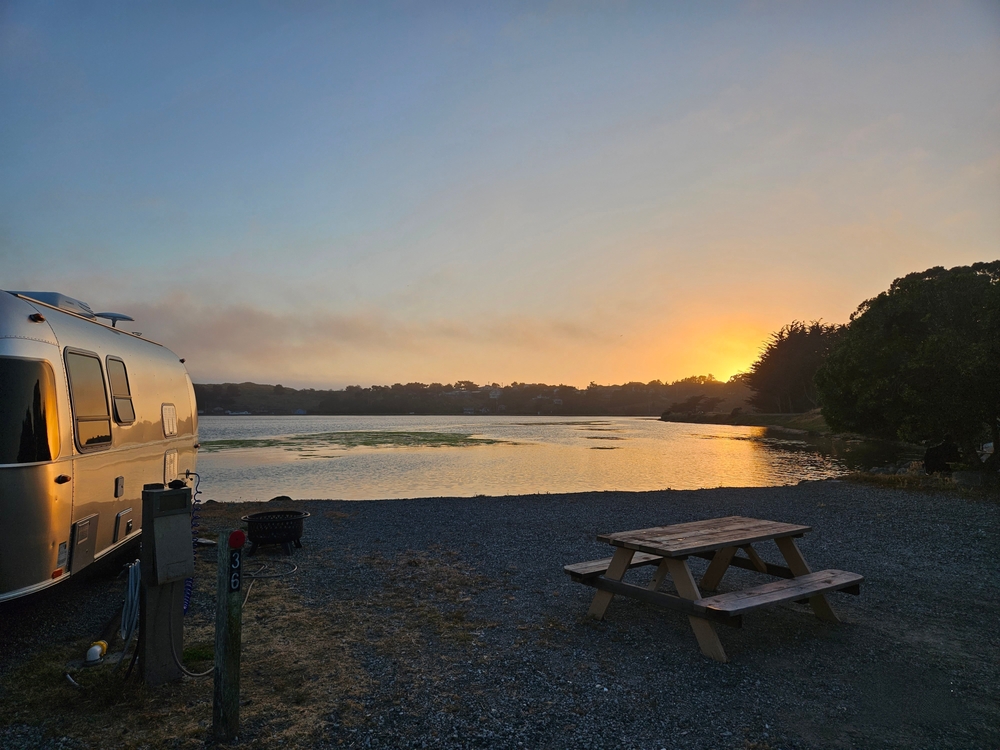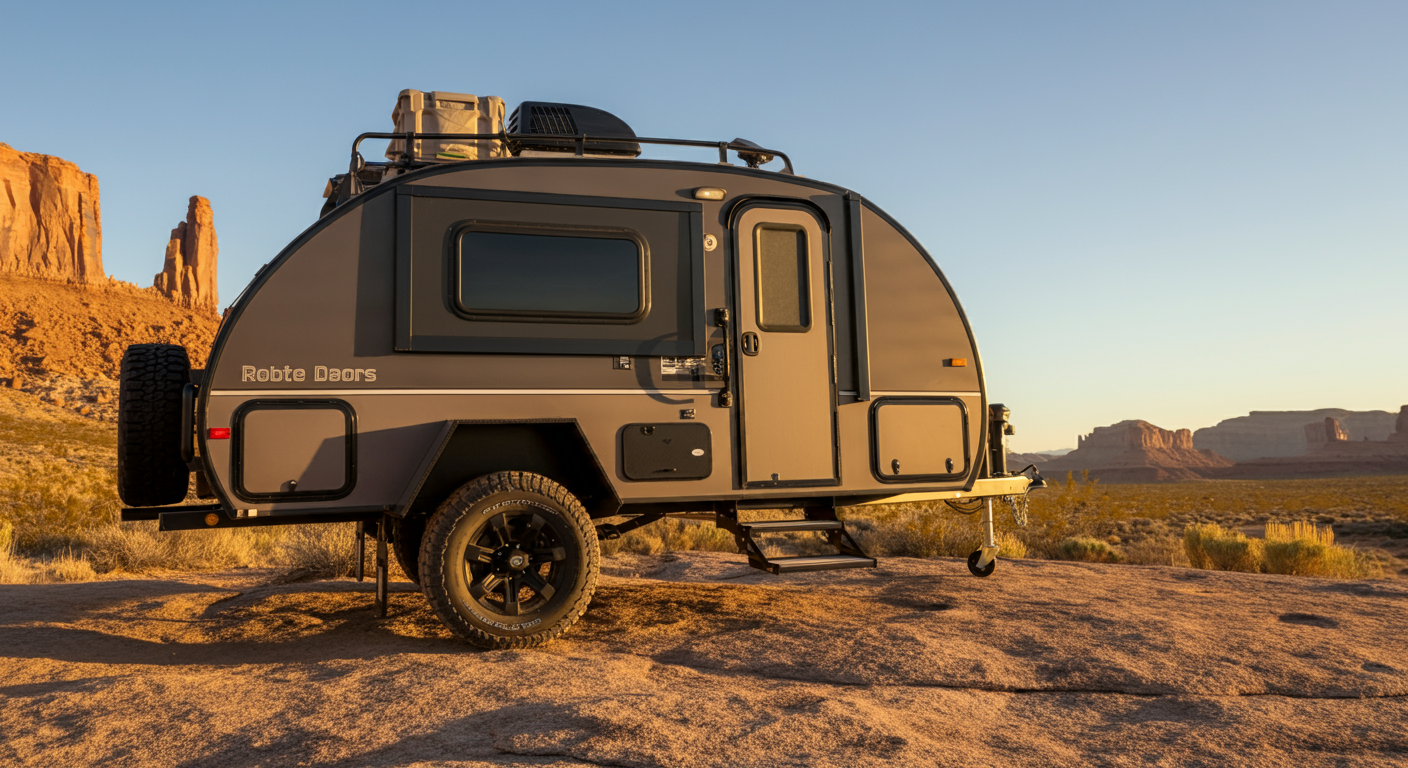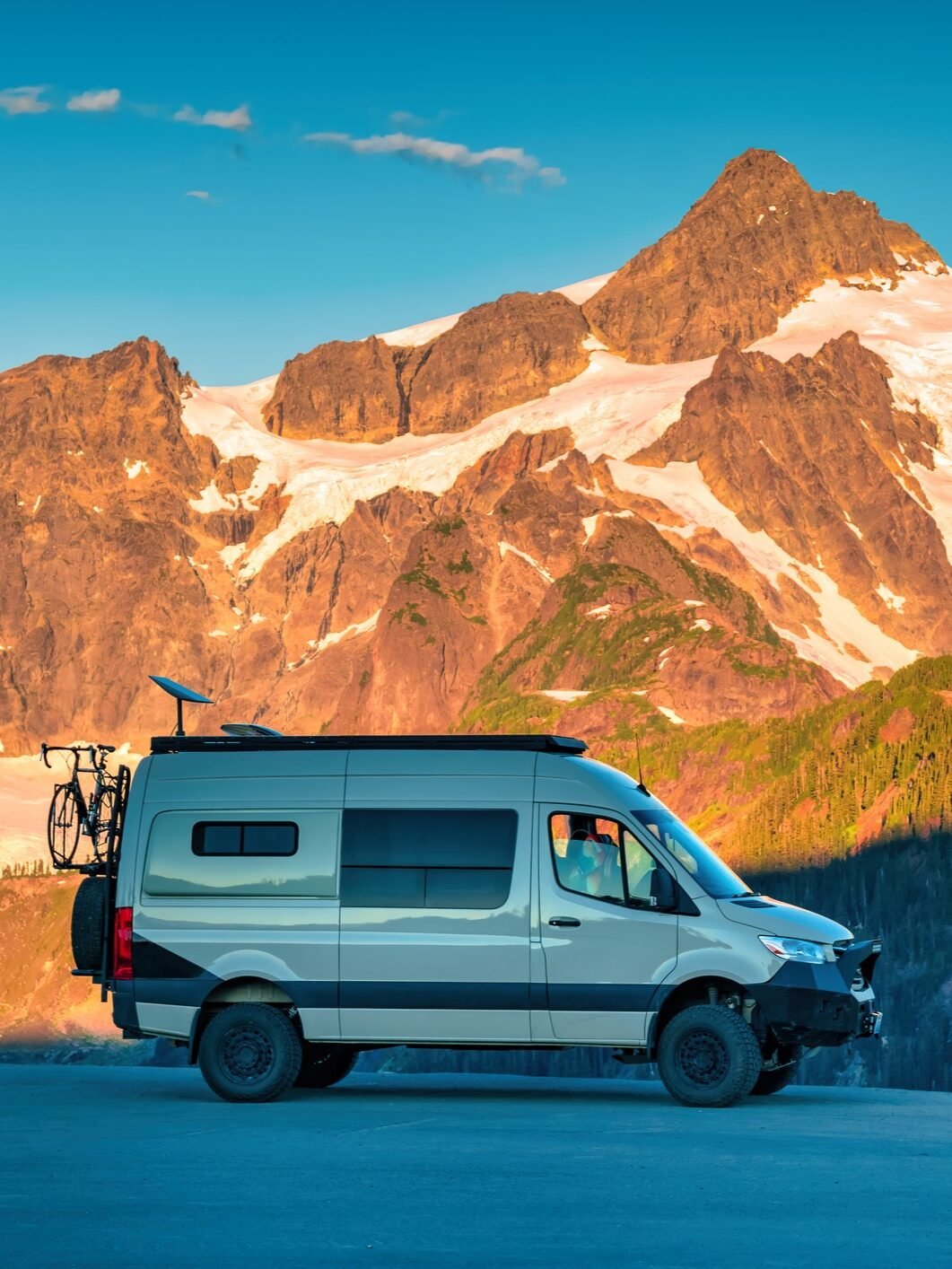
A Comprehensive Guide to Safely and Securely Purchasing a Camper from Private Sellers and Business Dealers
Buying a camper is a significant investment that opens the door to exciting travel and adventure. Whether you purchase from a private seller or a business dealer, it’s crucial to approach the process with caution to ensure you get a fair deal and avoid potential pitfalls. This guide provides detailed steps to safely and securely purchase a camper from both private sellers and business dealers.
1. Research and Preparation
Know What You Need
Start by understanding what kind of camper best suits your needs. Consider:
- Size: How many people will use it? What kind of layout works best for you?
- Type: Do you want a camper van, truck camper, motorhome, travel trailer, or pop-up camper, etc..?
- Budget: Set a realistic budget for the purchase, factoring in any extra costs like insurance, taxes, and registration.
- Usage: Consider how often you’ll use it and the type of trips you plan to take (off-grid, campgrounds, etc.).
Research the Market
- Prices: Research average market prices for the specific make, model, and year of the camper you’re interested in to avoid overpaying.
- Features: Familiarize yourself with standard and optional features for the models you’re considering.
2. How to Safely Buy from a Private Seller
Buying from a private seller often comes with potential savings, but it also carries additional risks. Here’s how to protect yourself during the process.
Verify the Seller’s Information
- Meet in Person: Always meet the seller in person and verify their identity. Avoid transactions conducted solely online or over the phone.
- Ask for Identification: Make sure the name on the seller’s ID matches the name on the camper’s title and registration.
- Get a Physical Address: Be wary of sellers who won’t provide a home address or only offer to meet in public places.
Inspect the Camper Thoroughly
- Bring an Expert: If you’re not knowledgeable about campers, bring along a mechanic or RV expert who can thoroughly inspect the camper for hidden issues.
- Check for Water Damage: Look for signs of water leaks, mold, or mildew inside the camper. Water damage can be costly to repair.
- Test All Systems: Check the plumbing, electrical systems, propane appliances, and HVAC systems. Test all electronics, lights, and appliances.
- Examine the Engine and Chassis: If it’s a motorhome or camper van, inspect the engine, tires, and brakes. Check for signs of rust or structural damage.
- Confirm the Mileage: Verify that the odometer reading seems accurate based on the camper’s condition.
Verify Ownership and Documentation
- Title: Make sure the seller has a clean and clear title. Avoid buying a camper with a lien unless the seller provides proof of release.
- Registration: Confirm that the camper’s registration is up to date.
- VIN Check: Verify the Vehicle Identification Number (VIN) on the title matches the VIN on the camper itself. You can use services that run VIN checks to ensure the camper hasn’t been stolen, salvaged, or has outstanding liens.
Negotiate the Price
- Research Comparable Sales: Use your research to negotiate a fair price based on the camper’s condition, market value, and any necessary repairs.
- Be Willing to Walk Away: Don’t feel pressured to buy if you’re unsure. Be ready to walk away if something doesn’t feel right.
Secure Payment and Paperwork
- Use Secure Payment Methods: Avoid paying in cash. Instead, use secure methods such as certified checks, wire transfers, or an escrow service to protect both parties.
- Get a Bill of Sale: Draft a bill of sale that includes the buyer’s and seller’s information, the camper’s details (VIN, make, model, year), the purchase price, and the date of sale. Both parties should sign it.
- Transfer Title and Registration: Ensure the title is signed over to you at the time of sale and complete the transfer of ownership with your local DMV or vehicle authority.
Purchase a camper using KeySavvy
- Initiate Payment: Use KeySavvy to securely pay for the camper. They offer multiple payment methods, including ACH (bank transfer), credit card, wire transfer, or Zelle. If the seller still has a loan, KeySavvy can handle loan payoffs as part of the process.
- Title Transfer: KeySavvy acts as a dealer in the transaction, ensuring the title transfer is handled legally. They check the title, process any necessary paperwork, and ensure the buyer receives a clear title.
- Finalize the Sale: After payment is verified, KeySavvy will notify you and the seller that it’s safe to hand over the camper. If the vehicle needs to be shipped, they handle payments to the seller once shipping is confirmed.
This process ensures a secure transaction and title verification, protecting both the buyer and the seller
Insure Your Camper
Before driving the camper home, ensure that you have insurance coverage. You may need to contact your insurance provider ahead of time to add the camper to your policy.
3. How to Safely Buy from a Business Dealer
When purchasing from a business dealer, you gain certain advantages such as warranties and financing options. However, it’s still important to remain vigilant.
Choose a Reputable Dealer
- Research Dealer Reviews: Check reviews and ratings for the dealer online. Look for a dealer with a solid reputation and positive customer feedback.
- Visit the Dealership: If possible, visit the dealership in person to assess their inventory and professionalism.
- Check for Certification: Look for dealers who are certified by recognized organizations, as this can indicate a higher level of trustworthiness.
Inspect the Camper
Even when buying from a dealer, never assume the camper is in perfect condition.
- Request a Full Inspection: Ask the dealer for a full inspection report. Many reputable dealers will offer this or let you inspect the camper with a third-party mechanic.
- Check for Warranties: Inquire about any remaining manufacturer warranties or dealer-offered extended warranties. Ensure that these are included in the sale and are transferrable to you.
- Ask for Service Records: Request the camper’s service records to verify that regular maintenance has been performed.
Review the Dealership’s Terms
- Price Negotiation: Don’t be afraid to negotiate the price, even with a dealer. Use your market research to justify your offer.
- Inquire About Additional Fees: Dealers may add on additional fees such as dealer prep fees, documentation fees, or delivery charges. Make sure you understand these costs upfront.
- Financing Options: If you’re financing the purchase through the dealer, compare the dealer’s loan terms with other offers to ensure you’re getting a fair interest rate.
Review the Contract Thoroughly
- Understand the Terms: Carefully review the sales contract before signing. Make sure all warranties, service agreements, and any other promises are in writing.
- Check for Hidden Fees: Double-check that there are no hidden fees or conditions in the fine print.
- Don’t Rush: Take your time to read through the contract. A reputable dealer will allow you the time to ensure you fully understand what you’re signing.
Finalizing the Purchase
- Secure Payment Methods: If paying in full, use secure methods such as certified checks, wire transfers, or financing options from a reputable institution.
- Transfer Ownership and Registration: Make sure the dealer handles the transfer of ownership properly. Ask for all necessary paperwork, including the title and registration documents.
- Get Insurance Before Pickup: Ensure you have insurance coverage for the camper before driving it off the lot. Many dealerships require proof of insurance before releasing the vehicle.
4. Final Steps After Purchase
Register the Camper
Complete the registration of your camper at your local DMV or equivalent agency. Ensure all the paperwork is in order, including any emissions or safety inspections required by your state.
Review Insurance Coverage
Update your insurance policy to reflect the new purchase, ensuring your camper is fully protected while on the road and in storage.
Plan for Maintenance and Storage
- Set a Maintenance Schedule: Establish a maintenance routine to keep your camper in top condition. Regular servicing will prevent costly repairs down the line.
- Find Secure Storage: Ensure you have a secure place to store your camper when not in use. Proper storage will extend the lifespan of your investment.
Conclusion
Purchasing a camper, whether from a private seller or a business dealer, requires careful planning, due diligence, and attention to detail. By following these guidelines, you can ensure a secure and successful transaction that leads to years of enjoyable adventures on the road.

















